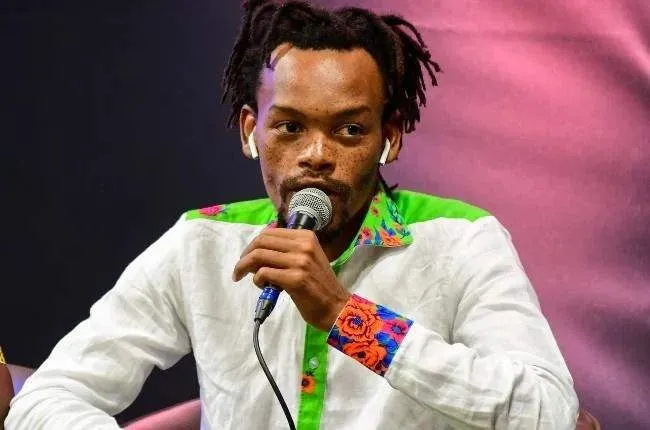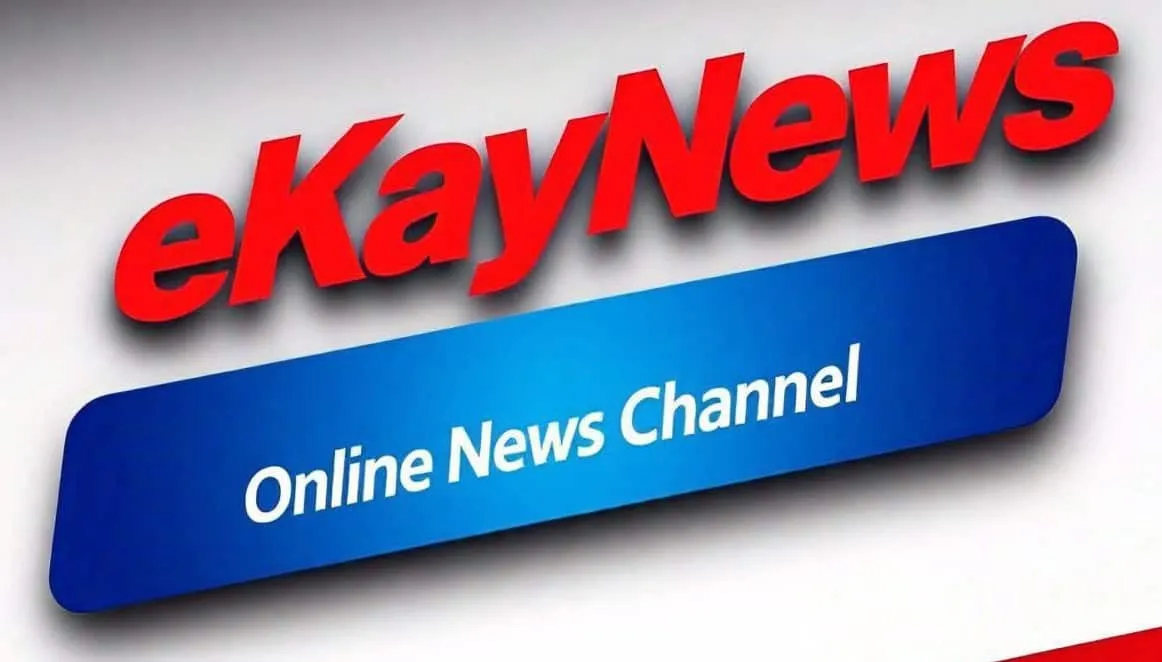US Revokes Visa of South African Music Executive Nota Baloyi
US revokes visa of South African music executive Nota Baloyi following controversial social media comments about the reported assassination of conservative activist Charlie Kirk. The decision by the US Department of State has sparked widespread debate across both South African and American social platforms.
US Department of State Confirms Visa Revocation
According to reports, the US Department of State made the decision to revoke Nota Baloyi’s US visa after reviewing online content linked to his accounts. The department has not released an official statement detailing the exact reasons, but sources close to the matter suggest that the move is tied to Nota Baloyi’s comments about Charlie Kirk, the founder of Turning Point USA.
This development has led to intense discussion online, with many questioning the balance between free speech and responsible online conduct. The US visa revoked decision adds to a growing list of incidents where online behavior has had real-world consequences for public figures.
Who Is Nota Baloyi?
Nota Baloyi, whose full name is Nhlamulo Baloyi, is a well-known South African music executive, cultural commentator, and entrepreneur. He has played a pivotal role in shaping South Africa’s hip-hop and entertainment industry, managing and working with several high-profile artists.
Baloyi is also known for his outspoken nature and strong opinions on politics, music, and social issues. His direct and often controversial commentary has built him a large following on social media but has also drawn significant criticism.
The Controversial Post About Charlie Kirk
The chain of events that led to the US revokes visa of South African music executive Nota Baloyi decision began after Baloyi reportedly made comments online about the assassination of Charlie Kirk, a US political commentator and activist known for his conservative views.
While details of the post remain under review, screenshots circulating online suggest that Baloyi’s remarks were perceived by some as insensitive or provocative. The US government, particularly sensitive to posts that may relate to political violence or threats, allegedly deemed the comments inappropriate for someone holding a US visa.
The incident underscores the increasingly blurred line between digital expression and legal accountability, especially when such comments cross international borders.
Legal and Diplomatic Implications
The US visa revoked decision could carry diplomatic and reputational implications. Visa revocations often occur when an individual is considered to have violated certain US visa conditions or engaged in conduct viewed as potentially harmful or controversial under US law.
Experts note that the decision does not necessarily imply criminal charges but represents a discretionary action by the US Department of State, which reserves the right to cancel visas at any time.
In the case of Nota Baloyi, the issue has also highlighted the importance of responsible online communication, particularly for public figures. The incident may prompt discussions about how governments handle cross-border online commentary and whether such actions infringe on free speech principles.
Reaction in South Africa
In South Africa, news that the US revokes visa of South African music executive Nota Baloyi has been met with mixed reactions. Some fans and followers expressed shock and disbelief, arguing that the move was excessive and an attack on free expression. Others believe it was a consequence of Baloyi’s history of controversial remarks, which often draw criticism from political and entertainment circles alike.
South African social media platforms quickly lit up with hashtags such as #NotaBaloyi and #USVisaRevoked trending nationwide. Public opinion remains divided, with some defending his right to free speech and others calling for more accountability in how public figures use their platforms.
Public and Political Commentary
Several commentators, journalists, and political analysts weighed in on the Nota Baloyi case. Some described the decision as a “wake-up call” for influencers and celebrities who use their platforms to discuss sensitive political matters.
Political observers also pointed out that the US Department of State has previously acted swiftly in similar cases involving public figures whose online posts raised concerns about potential threats or misinformation.
Supporters of Baloyi, however, claim that the move was politically motivated, suggesting that his remarks were taken out of context. Baloyi himself has yet to issue an official statement, though unverified social media posts attributed to him express frustration at the decision and its impact on his freedom of movement.
Global Reactions and Broader Impact
The story has gained international attention, with several US and African media outlets covering the case. The US revokes visa of South African music executive Nota Baloyi narrative fits into a larger conversation about global social media governance and the responsibilities that come with digital influence.
Observers have noted that in today’s interconnected world, online speech can have significant real-world consequences, particularly when it involves sensitive political subjects or international relations. The case serves as a cautionary tale about how public figures, regardless of nationality, must navigate digital spaces responsibly.
The Broader Context: Free Speech vs Accountability
The Nota Baloyi case reignites the ongoing debate between free expression and accountability online. While freedom of speech is a protected right in many democratic societies, it comes with limits — especially when speech could be interpreted as harmful, threatening, or politically inflammatory.
Legal experts argue that governments are increasingly monitoring social media activities, especially when posts are perceived as endorsing or trivializing acts of violence. This evolving digital landscape means that public figures like Nota Baloyi must be cautious in how they engage with politically charged topics.
What Happens Next for Nota Baloyi
With the US visa revoked, Nota Baloyi may face travel restrictions and additional scrutiny when applying for future visas or entry into other countries. His ability to conduct international business and attend global events may also be affected.
However, it remains to be seen whether Baloyi will challenge the decision or issue a formal appeal. Diplomatically, the South African government has not commented on the matter, and the US Department of State has maintained silence, citing privacy laws governing individual visa cases.
Conclusion
The US revokes visa of South African music executive Nota Baloyi case highlights the complex relationship between social media expression, international diplomacy, and personal responsibility. As global communication becomes more interconnected, the consequences of online behavior extend beyond borders.
Whether one views this as a justified precaution or an overreach, it serves as a reminder that public figures must remain mindful of their influence and the weight their words can carry.
For Nota Baloyi, the incident marks yet another chapter in his controversial public life — one that may reshape how South African celebrities engage with global political discourse.
🌟 Thanks for reading! 🌟
We truly appreciate you taking the time to stay informed with eKayNews.co.za — your trusted source for the latest breaking news, politics, lifestyle, and entertainment, etc across South Africa. 🇿🇦 Don’t miss out on the stories shaping our nation every day! 💡

👉 Subscribe now at www.eKayNews.co.za and join a growing community that values truth, insight, and real South African voices. 📲 Stay ahead — be the first to know, the first to share, and the first to make a difference! 🚀








